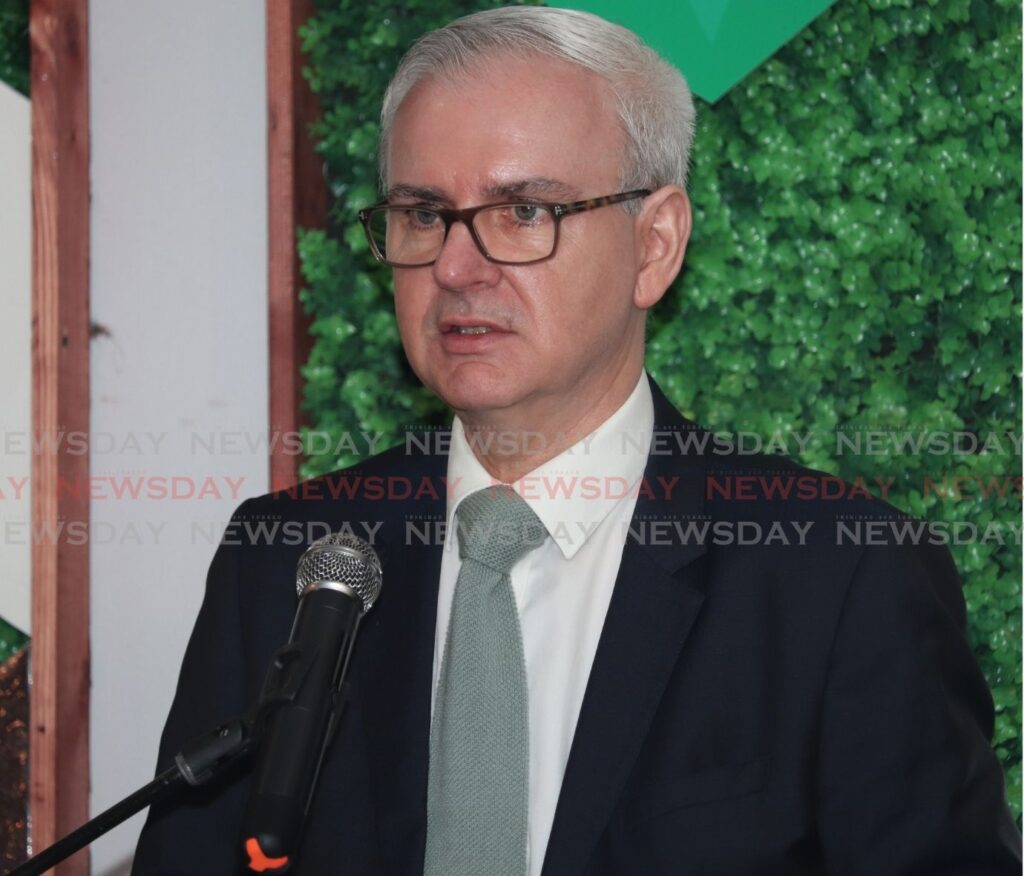EU seeks proof over Venezuela poll results

THE European Union wants to see evidence of the results of the Venezuelan presidential election held on July 28, EU ambassador to TT Peter Cavendish told Newsday on July 30.
He was approached at the commissioning of the Piarco Airport solar farm.
"The High Representative for the European Union Joseph Borrell would like to see some supporting evidence of the results that have been announced, and until that evidence is seen, our position is somewhat reserved."
Newsday said some countries in the region have voiced support for Maduro while others have voiced concern, and asked if Trinidad and Tobago should comment.
"It is not for the European Union to tell Trinidad and Tobago any element of its foreign policy," Cavendish said.
"You have an educated, sophisticated civil service which will draw its own conclusions and a leadership that is very well able to make its own decision.
"This is a country that has a long record of respect for democratic norms, human rights, territorial integrity. They don't need any guidance from the European Union."
Acting Prime Minister Stuart Young left the event before reporters could approach him.
In his address, Young – who is energy minister – briefly referenced TT's interest in Venezuela's Dragon gas field and the Cocuina and Manatee gas fields between TT and Venezuela, but did not mention the post-election political situation in Venezuela.
Newsday asked Minister of Works and Transport Rohan Sinanan if Cabinet was discussing the situation in Venezuela.
He replied, "Even if we do, you will not hear any decision that was taken in Cabinet from me.
"So I am not in a position to discuss any matter that Cabinet takes or any matter in Cabinet. I am not that person. You wouldn't hear that from me."
The election victory claimed by President Nicolás Maduro has been strongly disputed by the Venezuelan Opposition and queried by Colombia, Chile, international media houses, and US Secretary of State Anthony Blinken, but supported by China, Iran, Russia, Cuba and Bolivia.
The National Electoral Council, viewed as pro-Maduro, said he had 51 per cent of the vote, ahead of 44 per cent for his main rival Edmundo González.
However, the Venezuelan Opposition said González had got 70 per cent of votes and so won the presidency. Some street protests erupted after the results were announced.

Comments
"EU seeks proof over Venezuela poll results"